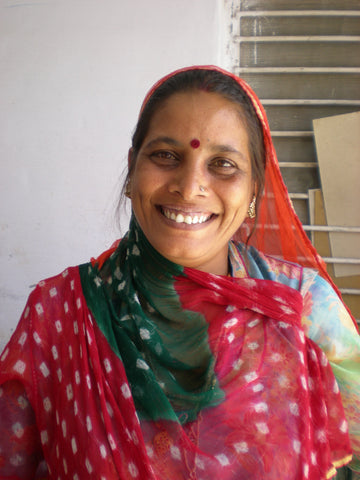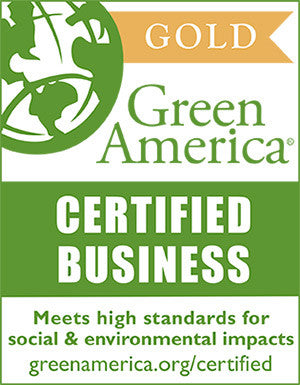What is Fair Trade?




According to the World Fair Trade Organization (WFTO), Fair Trade is "a trading partnership, based on dialogue, transparency and respect, that seeks greater equity in international trade. It contributes to sustainable development by offering better trading conditions to, and securing the rights of, marginalized producers and workers – especially in the South. Fair Trade organizations have a clear commitment to Fair Trade as the principal core of their mission. They, backed by consumers, are engaged actively in supporting producers, awareness raising and in campaigning for changes in the rules and practice of conventional international trade. Fair Trade is more than just trading: it proves that greater justice in world trade is possible. It highlights the need for change in the rules and practice of conventional trade and shows how a successful business can also put people first."
Mira Fair Trade operates under the principles established by the Fair Trade Federation:
Create Opportunities for Economically and Socially Marginalized Producers
Fair Trade is a strategy for poverty alleviation and sustainable development. Members create social and economic opportunities through trading partnerships with marginalized producers. Members place the interests of producers and their communities as the primary concern of their enterprise.
Develop Transparent and Accountable Relationships
Fair Trade involves relationships that are open, fair, consistent, and respectful. Members show consideration for both customers and producers by sharing information about the entire trading chain through honest and proactive communication. They create mechanisms to help customers and producers feel actively involved in the trading chain. If problems arise, members work cooperatively with fair trade partners and other organizations to implement solutions.
Build Capacity
Fair Trade is a means to develop producers’ independence. Members maintain long-term relationships based on solidarity, trust, and mutual respect, so that producers can improve their skills and their access to markets. Members help producers to build capacity through proactive communication, financial and technical assistance, market information, and dialogue. They seek to share lessons learned, to spread best practices, and to strengthen the connections between communities, including among producer groups.
Promote Fair Trade
Fair Trade encourages an understanding by all participants of their role in world trade. Members actively raise awareness about Fair Trade and the possibility of greater justice in the global economic system. They encourage customers and producers to ask questions about conventional and alternative supply chains and to make informed choices. Members demonstrate that trade can be a positive force for improving living standards, health, education, the distribution of power, and the environment in the communities with which they work.
Pay Promptly and Fairly
Fair Trade empowers producers to set prices within the framework of the true costs of labor, time, materials, sustainable growth, and related factors. Members take steps to ensure that producers have the capacity to manage this process. Members comply with or exceed international, national, local, and, where applicable, Fair Trade Minimum standards for their employees and producers. Members seek to ensure that income is distributed equitably at all times, particularly equal pay for equal work by women and men. Members ensure prompt payment to all of their partners. Producers are offered access to interest-free advance payment for handmade goods, or pre-finance of agricultural harvest with favorable terms.
Support Safe and Empowering Working Conditions
Fair Trade means a safe and healthy working environment free of forced labor. Throughout the trading chain, Members cultivate workplaces that empower people to participate in the decisions that affect them. Members seek to eliminate discrimination based on race, caste, national origin, religion, disability, gender, sexual orientation, union membership, political affiliation, age, marital, or health status. Members support workplaces free from physical, sexual, psychological, or verbal harassment or abuse.
Ensure the Rights of Children
Fair Trade means that all children have the right to security, education, and play. Throughout the trading chain, Members respect and support the UN Convention on the Rights of the Child, as well as local laws and social norms. Members disclose the involvement of children in production. Members do not support child trafficking and exploitative child labor.
Cultivate Environmental Stewardship
Fair Trade seeks to offer current generations the ability to meet their needs without compromising the ability of future generations to meet their own needs. Members actively consider the implications of their decisions on the environment and promote the responsible stewardship of resources. Members reduce, reuse, reclaim, and recycle materials wherever possible. They encourage environmentally sustainable practices throughout the entire trading chain.
Respect Cultural Identity
Fair Trade celebrates the cultural diversity of communities, while seeking to create positive and equitable change. Members respect the development of products, practices, and organizational models based on indigenous traditions and techniques to sustain cultures and revitalize traditions. Members balance market needs with producers’ cultural heritage.


